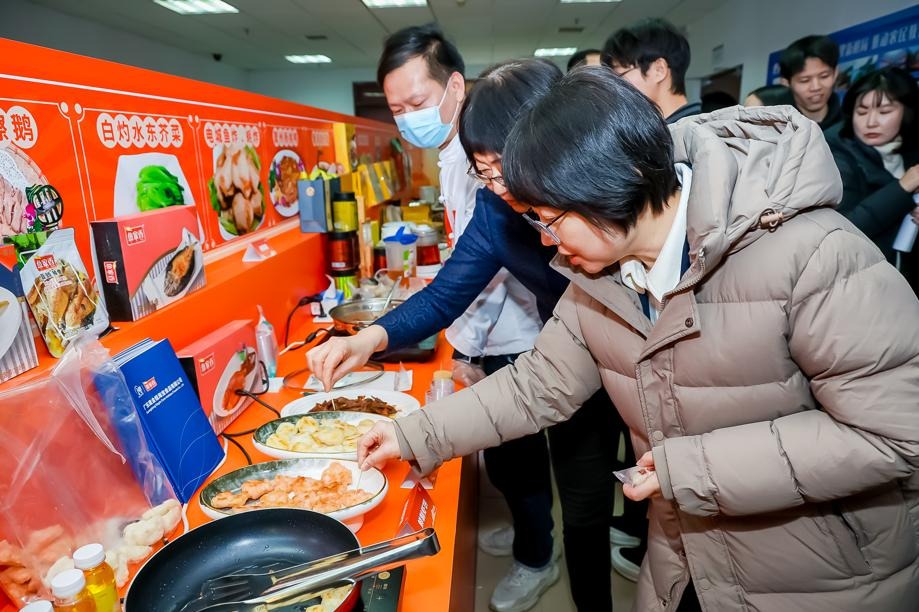HK health chief: COVID-19 situation has 'stabilized'

Food and Health Secretary Sophia Chan Siu-chee said the novel coronavirus situation in Hong Kong has stabilized, but it is difficult to know when the city will see no confirmed cases again.
"The COVID-19 situation in Hong Kong is steadying as the seven-day average of the number of confirmed cases has declined," Chan told China Daily in an exclusive interview. The third wave, which began in early July, initially saw over 100 cases a day for 12 consecutive days from mid-July to early August before the number fell to the high double digits. Currently, the number of new cases is less than 10 a day. But officials can't say at this stage when there will be no more confirmed cases because there are still cases with unknown sources, while at the same time, the virus may have mutated and become more infectious, Chan said.
Many public health experts have warned of a possible fourth wave of COVID-19 infections in winter, but Chan said that the public healthcare system can handle that prospect, as more health facilities are being built.
Meanwhile, Chan said the government has been adopting a flexible approach about tightening or relaxing the city's social distancing measures. "In March, there were many imported cases from Hong Kong people returning from overseas. And after the situation had stabilized, we relaxed the social distancing measures in consideration of public health, economic activities, and the extent the people can cope with the control measures," she said.
Following its move to again allow dining in at restaurants in the evening, the government on Friday will increase the number of customers allowed per table to four; allow certain entertainment establishments and public recreation facilities to reopen; and increase the number of people allowed at public gatherings to four. Chan said the government is being more cautious this time about relaxing social distancing measures, doing so in a systematic and gradual manner, instead of relaxing all the control measures at once. For example, while the number of customers is being increased to four per table, only 50 percent of the seats will be allowed to be occupied.
Chan also said she is pleased that as of Wednesday afternoon, about 1.32 million Hong Kong people have taken part in the city's voluntary COVID-19 testing, which began on Sept 1.
The more people who take the test, the better, she said, adding that the testing can help detect the asymptomatic virus carriers and thus break the chain of infection in the community.
At the beginning, politicians from the opposition camp and anti-government healthcare workers disparaged the voluntary testing, saying it was useless without a lockdown order, a waste of public money, and an infringement of people's privacy. "The tests provide results that allow us to grasp the situation in Hong Kong, including age groups of confirmed patients, their work locations, and whether they belong to clusters of infected people, such as confirmed patients working at the Transport City Building in Tai Wai. For example, it was revealed that the age of the confirmed patients ranged from 20 to 90," Chan said.
"It is very important for the government to know how many people tested negative. It is good news that not many people have tested positive. If there are not many asymptomatic virus carriers in the community, the government can grasp the situation more accurately and take steps to relaxing social distancing measures, as well as developing the Hong Kong health code."
- Shanghai to enhance community healthcare centers
- Shanghai continues to enrich ecological environment
- Shanghai to enhance education reform aligned with social needs
- Shanghai adds 622,000 new urban jobs in 2024
- Shanghai ramps up elderly care amid aging population
- Shanghai ramps up urban renewal to boost living quality





































